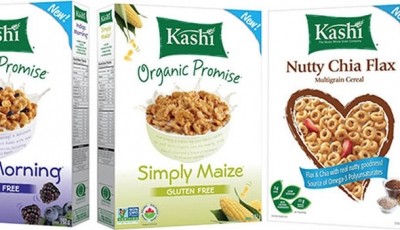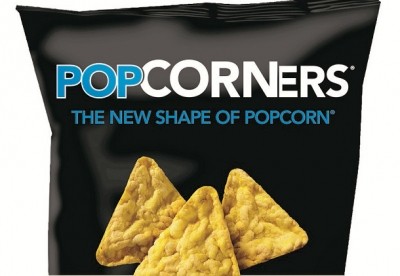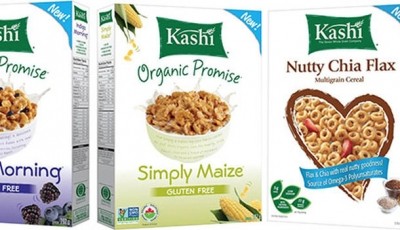Judge refuses to certify class in PopCorners all-natural/GMO lawsuit
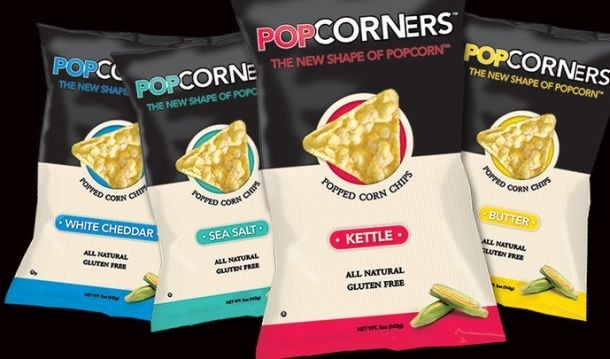
The case is one of several lawsuits over 'all-natural' claims on products made with GMOs, the most high-profile of which was filed in Florida vs Kashi, which recently agreed to a $3.99m settlement (click HERE) without admitting liability.
The case is striking in that the complaint was filed after Medora had removed the term ‘all-natural’ from the packaging for the chips, so seeks to punish the company for alleged wrongdoing in the past.
The Plaintiffs are first seeking to certify a class as to declaratory and injunctive relief for liability purposes specifically, leaving damages for later.
Judge: Medora changed the packaging back in December 2013, before this suit was even filed
In an order denying their motion, judge Paul S. Grewal said the plaintiffs lacked standing because there was no evidence of concrete legal harm and no reason to believe they would be wronged again in future.
“Even if plaintiffs did offer evidence of injury-in-fact and redressability, they still lack standing to pursue injunctive relief [eg. forcing Medora to change its labels] because Medora changed the packaging back in December 2013, before this suit was even filed.”
He explained: “In [June] 2013, lawyers for Plaintiffs sent Medora letters questioning the truth of the labeling and threatening a lawsuit. Soon thereafter [Dec 2013], Medora decided to implement new packaging that omitted the offending ‘all natural’ language. [But] plaintiffs filed suit [in Feb 2014] anyway.”
Moreover, sales of Popcorners – which are now owned by BFY Holdings, a new company backed by private equity firm Permira - increased after the ‘all natural’ label was removed, while the plaintiffs also acknowledged that they ate other products made with GMOs, he observed.
“Plaintiffs have made no showing that they paid a price premium or that they would not have purchased the product had they known about the alleged misbranding.”
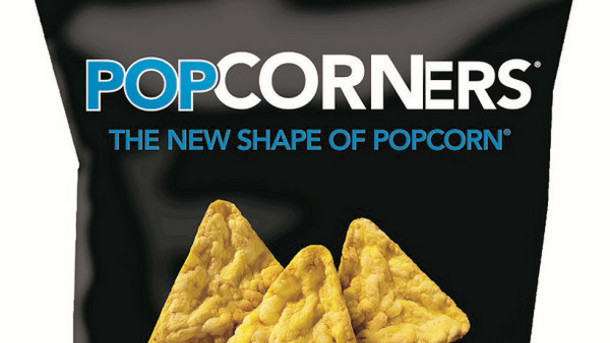
Attorney: Trying to force a company to refund money it obtained through fraud is an honorable endeavor
Asked how unusual it is to sue a company after it has stopped making an allegedly false claim, Steve Gardner - who heads the food law practice at the Stanley Law Group of Dallas, Texas - told FoodNavigator-USA: "It’s not common to see a suit filed after a deceptive food claim has stopped. However, there’s nothing wrong with it.
"Because there are so many new fraudulent claims, I myself generally don’t choose to sue for an action that has stopped. But that is because I focus on stopping ongoing bad practices, using injunctions.
"Trying to force a company to refund money it obtained through fraud is a very honorable thing. In fact, most lawsuits of all types are only about damages for past illegal actions."
While some people might argue that suing a company over label claims it no longer makes is less about protecting consumers than making money, this argument is not persuasive, he added.
"A company saying that it stopped a practice and thus shouldn’t be sued is the same as a bank robber getting caught, saying that he won’t do it again, and asking to be released rather than going to jail. Not giving the money back, just promising not to do it again!"
These baseless cases still get filed...
Rebecca Cross, a San Francisco-based attorney at law firm BraunHagey & Borden LLP, added: "It is somewhat unusual for plaintiffs’ lawyers to file a complaint where the defendant has already removed the offending term from its label. In such circumstances, any claim for injunctive relief is moot, as the Court recognizes here. But these baseless cases still get filed."
She added: "It is also unfortunate that Medora litigated this case for over a year, instead of seeking dismissal of the complaint. Courts have dismissed these types of claims at the pleading stage for lack of jurisdiction."
Rapid growth
According to court filings, Medora’s annual net sales for PopCorners increased from less than $450,000 in 2010 to just under $6m in 2011, $15m in 2012, $26m in 2013 and $34m in 2014.
The case is: Nguyen v. Medora Holdings, LLC, No. 5:14-cv-00618 in the Northern District of California.
Steve Gardner will be speaking at Food Vision USA in Chicago on October 27-39.
Click on the image below to find out more and to register.


